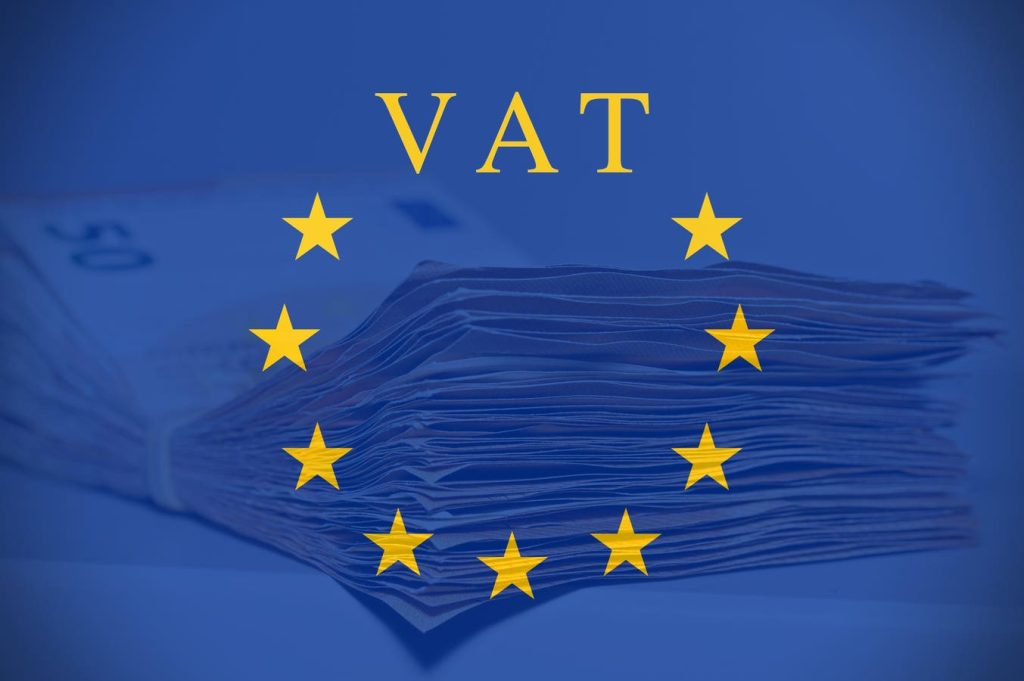The European Commission has recently released the revised proposals for the ‘VAT in the Digital Age’ (ViDA) reform, which are slated to be discussed by the Economic and Financial Affairs Council (ECOFIN) on May 14, 2024. Should there be a consensus among member states, these reforms will be formally endorsed and implemented between 2024 and 2030. The ViDA package was initially proposed on December 8, 2022, and has since undergone discussions among member states to address various concerns. The updated draft reflects a compromise of different positions and amends certain areas significantly.
The revised proposal mandates electronic invoicing as the default system for issuing invoices in the EU from 2030 onwards. It clarifies that an electronic invoice must adhere to a structured format and comply with the European e-invoicing standard (EN16931), thereby excluding PDFs from being considered e-invoices. Hybrid invoices, such as the German ZUGFeRD, combining structured and unstructured formats, will be covered if they include all requisite data in a structured format. Electronic invoices will become mandatory for transactions falling within the scope of the Digital Reporting Requirements (DRR). They must be issued no later than the 10th day after the transaction, a deadline shorter than the current requirement of issuing invoices within 15 days after the end of the month following the supply. Member states may still allow other invoicing formats, including paper, for domestic supplies or supplies to third countries.
Member states may still allow other invoicing formats, including paper, for domestic supplies or supplies to third countries. However, the use of invoices in other electronic formats will be contingent upon customer acceptance. Unlike the original proposal, the revised version permits member states to make holding an electronic invoice a substantive condition for VAT deduction. The proposal explicitly permits member states to implement ‘accreditation schemes’ to ensure that electronic invoices meet formal requirements. Summary invoices, which were initially proposed for abolition, will be permitted for sales made within the same calendar month if issued no later than ten days after the month’s end. The requirement to include seller’s bank details on an invoice has been retained to provide tax administrations with more insight into financial flows.
The implementation of new rules for the platform economy has been postponed until 2027. Under these rules, platforms facilitating short-term accommodation rentals and road passenger transport will be required to act as deemed suppliers for VAT purposes. The updated proposal allows member states to exclude short-term accommodation rentals and road passenger transport services provided by small and medium-sized businesses participating in the 2025 SME scheme from the deemed seller rules. The revised proposal also narrows down the definition of ‘short-term accommodation’ from 45 to 30 days and grants Member states the flexibility to add more conditions. Furthermore, the updated proposal clarifies that platform facilitation services provided to final consumers will be taxable in the member state where the transaction occurs.
The original ViDA proposal had two measures for e-commerce platforms: the deemed supplier rule, which currently applies to goods owned by non-EU sellers, was planned to be expanded to cover all goods sold within the EU, regardless of the buyer’s status or the seller’s location, and the Import One-Stop Shop (IOSS), a special system to simplify VAT declaration and payment for distance sales of goods imported in shipments valued under €150, was set to become mandatory for platform operators. These measures were not included in the revised ViDA proposals. The main proposals for single VAT registration have been postponed until 2027, aiming to reduce the occasions when businesses are required to register in a member state where they’re not established.
The revised ViDA proposals have extended the initially proposed implementation deadlines, giving businesses more time to prepare for the upcoming changes. Since the new e-invoicing and digital reporting requirements will have the most significant impact on businesses operating in the EU, it will be crucial for them to understand how these obligations affect their transactions. While the DRR will harmonize reporting obligations for cross-border B2B sales, the fragmentation of the VAT reporting and invoicing landscape is likely to continue. The OSS system reduces the compliance burden but doesn’t allow for the deduction of input VAT on expenses incurred abroad, prompting businesses to opt for multiple local VAT registrations. Businesses must have sufficient means to determine the customer’s status (whether they are a business or a consumer) to comply with the expanded scope of OSS and validation of VAT identification numbers.


